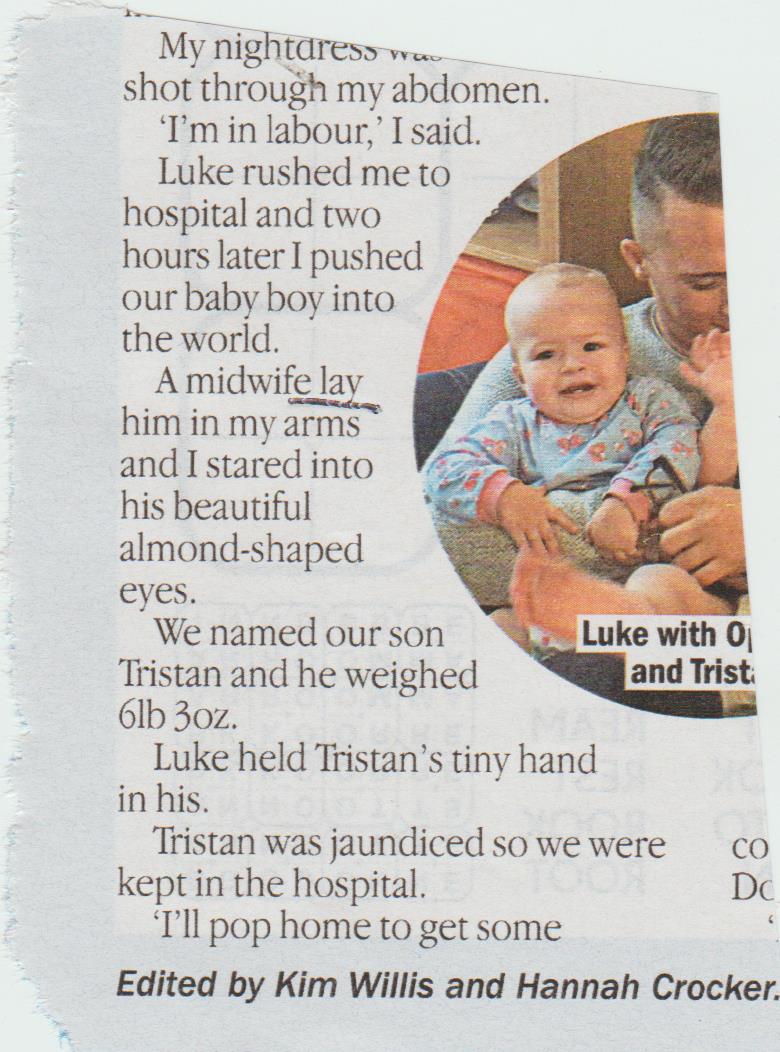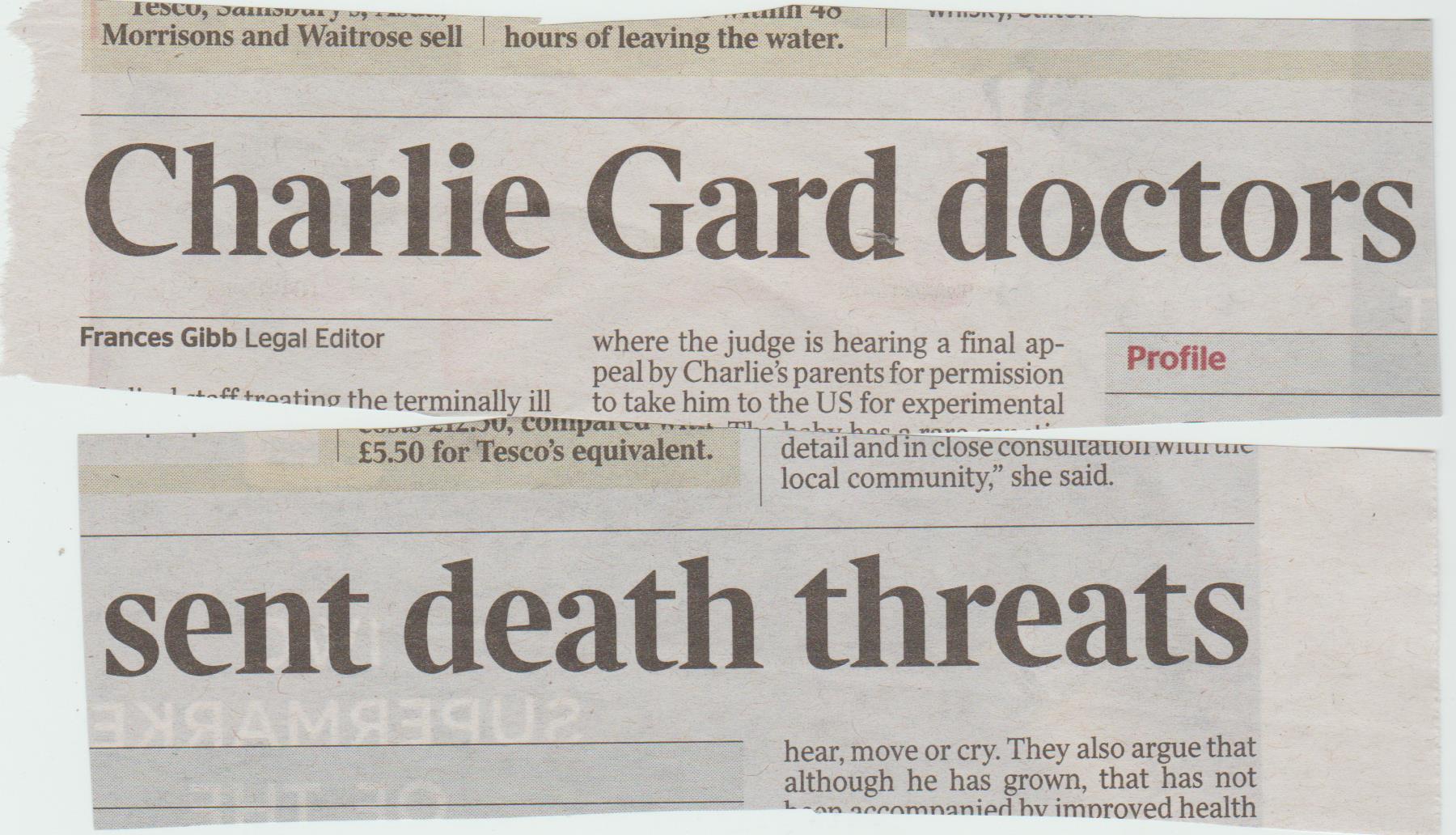 i newspaper, July 20, 2017
i newspaper, July 20, 2017
The word ‘manuscript’ means ‘handwritten’ (from medieval Latin manu ‘by hand’ and scriptus ‘written’), so ‘handwritten’ should be deleted.
 i newspaper, July 20, 2017
i newspaper, July 20, 2017
The word ‘manuscript’ means ‘handwritten’ (from medieval Latin manu ‘by hand’ and scriptus ‘written’), so ‘handwritten’ should be deleted.
 The Times, July 17, 2017
The Times, July 17, 2017
I’ve been saying for decades that this must be the case, so it is good to see a professional spelling it out. It is fair enough to say that a pilot steered clear of a building, but avoid using the word ‘hero’ in that connection.
 Clitheroe Advertiser, July 17, 2017
Clitheroe Advertiser, July 17, 2017
‘Impromptu’ means ‘on the spur of the moment’ so it cannot by definition be planned. Still, if a mistake is worth making once, it’s worth making three times.
PS: I would avoid breaking Clitheroe as in the penultimate line.
 Take a Break magazine, July 20, 2017
Take a Break magazine, July 20, 2017
The past tense of ‘lay’ is ‘laid’. Both words need a lot of care. See ‘lay’ in the Grammar section of Style Matters.
 i newspaper, July 15, 2017
i newspaper, July 15, 2017
Surely everyone in the country knows Diane Abbott’s name. It is beyond me how someone who calls him or herself a journalist can get this wrong.
 Daily Express, July 11, 2017
Daily Express, July 11, 2017
There seems to be a belief in some quarters that a question mark is not necessary on a question. This belief is quite wrong. All you need to do here is:
What midlife crisis?
It’s fab
to be
over
forty!
 Daily Express, July 11, 2017
Daily Express, July 11, 2017
The word ‘drinking’ is unnecessary. What else are you going to do with three cups of coffee? Pour them over your head?

 The Times, July 15, 2017
The Times, July 15, 2017
Regular readers will know of Giles Coren’s contempt for subs – see Post 79. This is a shame, since he needs help (see also Posts 95 and 74). This time he has tried to show off by using a long word, but it’s the wrong one. ‘Effulgent’ means ‘shining’, ‘brilliant’ or ‘radiant’, in the sense of a facial expression or personality, as in ‘he turned to see his bride with an effulgent beam’. I’m not sure what he meant to put, but ‘over-long’ would have served. Giles, here’s a tip: if you are not sure what a word means, look it up. It will save you from looking a fool.
 The Times, July 14, 2017
The Times, July 14, 2017
A sub should always be alert to double meanings. Often they are smutty, but in this case it can be read as the doctors sending the death threats, not receiving them. This is better:
Death threats to Charlie Gard’s doctors
which is the same number of characters.
 The Times, July 14, 2017
The Times, July 14, 2017
Is the Times aimed at adults or five-year-olds? It’s hard to tell from this idiotic intro.
As ever, the story is perfectly good on its own. Delete the first sentence and with minimal changes you get
An elephant which was swept ten miles out to sea has been rescued in a 12-hour operation involving the Sri Lankan army, navy and government officials.
The animal is thought to have trying to navigate a shallow coastal lagoon when it was caught in strong currents and carried out into open water.
Note that this removes the word ‘before’ which appears not only in the headline but in the intro and second par. If you tell the story in logical order it is usually unnecessary. The same applies to ‘after’.